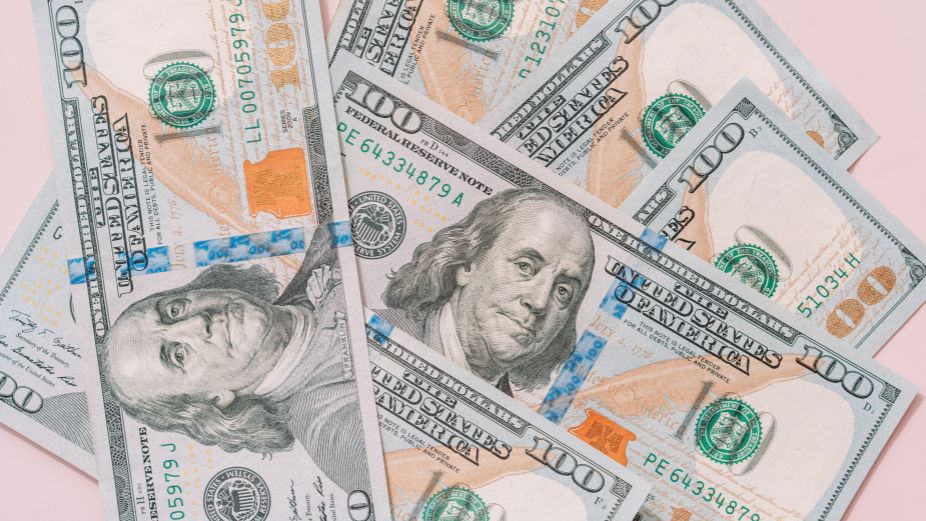
The Maldives Monetary Authority (MMA) has instructed banks to increase the proportion of US dollars they must sell to the central bank from 60 percent to 90 percent, marking a significant tightening of its foreign exchange policy. The change, effective from June, follows the enactment of the Foreign Currency Act earlier this year.
The directive was communicated to banks via a circular issued on Monday. Several banks have confirmed receipt, though the MMA has not publicly commented on the decision. The change is expected to impact the flow of dollars within the banking system, particularly those originating from the tourism sector.
Under the Foreign Currency Act, which came into force on 1 January 2025, companies that generate revenue in foreign currency—especially those in tourism—are required to exchange a portion of their income into Maldivian rufiyaa. This legislation followed an earlier regulation introduced in October 2024 that imposed fixed dollar conversion rates per tourist: USD 500 for resorts and USD 25 for guesthouses.
The fixed-rate system faced strong criticism from tourism stakeholders, who argued that a flat rate was unfair given the varied pricing structures across the sector. In response, the MMA introduced an alternative approach via legislation in December 2024, offering tourist establishments the choice to exchange either the fixed amount per tourist or 20 percent of their monthly revenue.
The Act also created a distinction between Category-A and Category-B establishments. Category-A includes registered resorts, integrated resorts, and private islands, while Category-B includes tourist vessels, hotels, and guesthouses. Certain exemptions were built into the law, such as for tourists under 12, complimentary stays, and visits lasting less than 24 hours.
In addition to its implications for tourism, the legislation also applies to non-tourism businesses earning over USD 15 million annually, requiring them to exchange a set percentage of their foreign income.
Although a revised regulation introduced in February 2025 did not specify how much of the exchanged currency banks must transfer to the central bank, the MMA has continued to operate under the 60 percent threshold. The decision to increase this to 90 percent appears aimed at addressing the ongoing dollar shortage in the country and improving liquidity for essential imports and other foreign currency needs.
The MMA said the move would enhance the availability of foreign exchange through its weekly sales to banks, which are used to meet the needs of businesses across the country.









